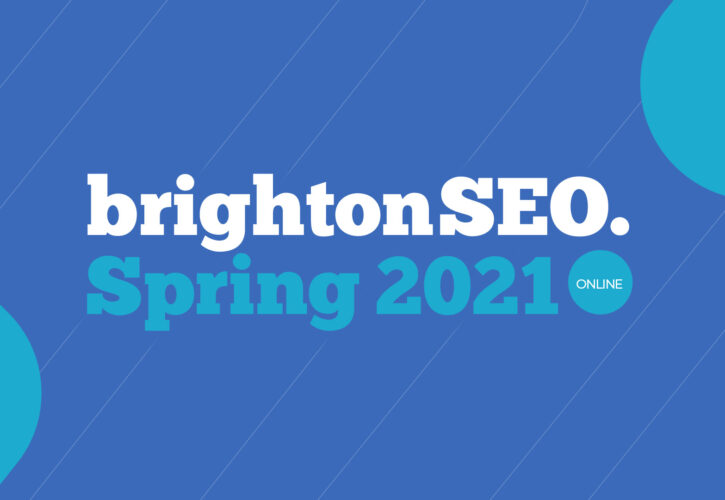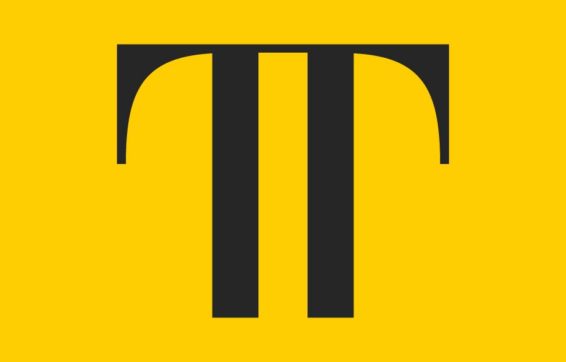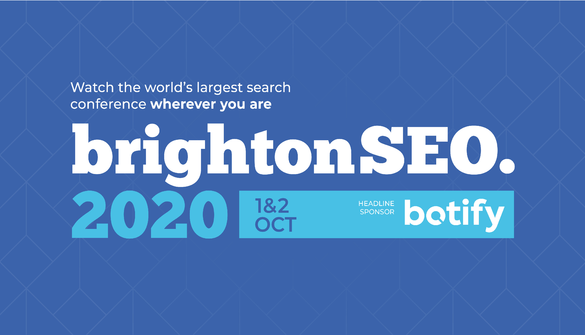
Brighton SEO March 2021
While BrightonSEO was a little different this year being completely online – there was no shortage of impactful insights and knowledge across the digital marketing spectrum. The two-day event featured virtual sessions by industry-leading experts. Here are our highlights from various sessions we attended.
The underrated value of internal linking
Jamie Grant – Senior SEO Executive, Blue Array
We don’t always have full control over the target location of a backlink and with backlinks rarely targeting your big transactional or high conversion pages, internal linking helps to bridge the gap between informational and transactional pages. In this session, Jamie explained that internal linking should be included in an SEO strategy because it is critical for page discovery and effective crawling.
What should we keep in mind from this session?
- Backlinks will mostly target root domain or informational pages, rather than product or high converting page
- Using metric data tools such as Majestic, RankFlow to help find strong pages which are not utilising internal linking to help the user navigate to high converting pages.
- Do not overcrowd body internal links – keep it simple and link to relevant pages.
- Keep anchor text and surrounding content unique.
How to properly use canonical tagging on your site
Aleks Skhlyar – SEO Engineer, iPullRank
In a nutshell, a canonical tag is a line of code that will determine what version of two similar pages is the best to use for search results. If multiple versions of a page exist i.e., duplicate content, or pages with similar parameters – A canonical will tell Google “this is the page I want shown in search results”, this will also prevent cannibalisation of two pages. Aleks spoke about the importance of using canonical tags and using them properly.
What should we keep in mind from this session?
- Canonicalising similar content can be crucial to what should be shown on search results. For example, if three individual pages are referencing yearly festivals i.e., 2019, 2020 and 2021 – canonicalizing 2019 and 2020 will help display the latest year in the search results.
- Don’t use a canonical tag for obsolete pages, a 301 redirect would be more prominent only if the content on the similar page serves no purpose to the user.
Ten easy and powerful SEO and CRO Improvements for eCommerce
Luke Carthy – Ecommerce Growth Consultant, Lukecarthy.com
Ecommerce is still steadily climbing in 2021, with a reported 11% global growth year on year, and is expected to continue to rise. What better way to learn more about SEO, and CRO for Ecommerce than from an industry expert. Luke gave his analysis on the ten most powerful and easy improvements, detailing some basic and advanced principles and giving industry statistics.
What should we keep in mind from this session?
Implementing and fine-tuning internal site search.
- Site search users are 5-6x more likely to convert than regular users, implementing predictive site search ensures the user can convert quicker.
- Start optimising the top 5% of search queries – large volume but poor results/UX
- Faceted nav for long-tail navigation
- Either optimise the facet nav well or prevent search engine having it at all
Create and host your own discount code page/website.
- Controlling the market when it comes to discount codes themselves and other discount hosting websites.
Enable guest checkout.
- ASOS halved abandonment rate by removing mention of creating an account. (econsultancy.com/persuasive-checkout-best-practice-from-asos)
How to make sure Google will index all your content
Tomek Rudzki – Head of R&D, Onley
Understanding how Google’s algorithm works is like a maze, you could be on the right path then realise you are confused again. When it comes to content, the aim is for all your relevant content to be indexed. Tomek spoke about the reasoning behind content, and why Google might not be indexing all your content.
What should we keep in mind from this session?
- Most category pages not indexed, those that had no meta description and Google getting zero content in Google Search Console
- Vicious Cycle of indexing problems
- If page 1 is not indexed and leads to pages 3,4,5 – even if the lower pages are in the sitemap. If they are low on the priority list of page rank, they won’t be indexed or crawled regularly Quality issue #1 – Crawled but not indexed.
- Quality issue #2 – Duplicate content
- Quality issue #3 – Discovered, currently not indexed.
- Page was discovered but not visited and not indexed.
- Like finding a book in a store, picking it up, putting it down and not reading.
- Can be a server problem – check Google Search Console crawl statistic.
- Google has indexing delay. A fast server can prevent this.
How to make the new era of automation in Tech SEO
Ashley Berman Hale – Technical SEO lead, DeepCrawl
Automation of various work processes has always been key to saving time and money. Ashley at DeepCrawl gave us bullet point insights into how we can speed up the automation processes and opportunities.
What should we keep in mind from this session?
We need to move away from being reactive and just keeping up. In other words, being more proactive with a dev team is far more beneficial, it’s self-explanatory.
- Less reading release notes, more rapid live testing and chasing developers
- Which results in having to request code changes from devs
- 35% of all pushes have technical defects (that could affect revenue)
- Fixing a bug in staging is 6x less expensive than on a live site
Development
- Check the code against SEO best practices within dev QA
- Test code when in the CI/CD pipeline, resubmit for changes all before releasing changes safely
Monitoring robots.txt
- Avoiding blocking everything using <nanny-bots>, like roboto (has a free trial)
Internal linking
Ashley views as her most important ranking signal.
Opportunities
- Baseline > Gaps > Progress
- Leverage log files
- Qualify architecture
- Diversifying anchor text that is doing the linking
Performance
- Avoid slow Core Web Vitals
- Monitor templates, site itself, competitors’ sites and rankings.
That’s all from us at Brighton SEO, until next year! Thank you to all the amazing people at Brighton SEO and those that presented their inspiring knowledge.





